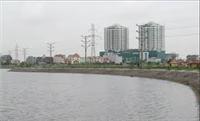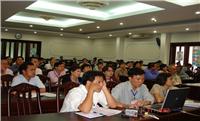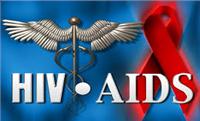thống kê truy cập
EXPERIENCE
-
The survey, impact assessment stage 1 Urban Upgrading Project Haiphong
The population of the City in Vietnam is growing fast, while investment in infrastructure and services inadequate compared to the needs. The regional low-income population (Lias) has been developed in a lack of services and infrastructure. This creates risks for the environment and health of the population in this area and the overall impact to the whole city on a large scale. Therefore, the need to take innovative approaches to the cost to address the challenges in the process of increasing urbanization in Vietnam.
With capital sources support from the World Bank and the Fund of Human resource development policy of Japan (PHRD), Urban Upgrading Project Vietnam, the first project of the Urban Upgrading Programme Country has been formed for the purpose of poverty reduction in urban areas through the improvement of living conditions and environment for the urban poor of four City: Can Tho, Hai Phong, Nam Dinh, Ho Chi Minh City. -
Technical assistance for all sub-projects under Ninh Binh Project Management Unit aim to change sanitation habit and improve community’s health in 32 communes of Ninh Binh province
The project "Water Supply and Rural Sanitation Red River Delta" is an important part of a national program aimed at reducing poverty and improving equity in Vietnam.
In 2001, representatives of the Government of Vietnam (Ministry of Agriculture and Rural Development) and representatives of the World Bank have come together to discuss and develop a research program, water projects and sanitation villages.
Stage 1 of the project (2005-2010) to be deployed at the 120 communes in the Red River Delta including Nam Dinh, Ninh Binh, Hai Duong and Thai Binh. Total investment is U.S. $ 46,710 million, of which U.S. $ 45.08 million loan of the World Bank (WB). Estimated 800,000 people will benefit at this stage of the project. -
Training and mainstreaming gender issue in the aquatic sector
The segment of the poor and underdeveloped population at rural areas of the fisheries domain to benefit from the economic sustainability of the aquatic sector. The overall strategy of the FSPS II is to increase employment opportunities for women and to improve working conditions in the management of fisheries administration, the areas of mining, resource protection, processing and promote the the gender equality.
The overall objective is: MARD support in implementing the National Plan of action for the advancement of women in Vietnam by 2010, gender mainstreaming strategy in the field of agriculture and rural development contribute "promoting the role of women in natural resource management and environmental, contribute to the sustainable development and improving the living environment. -
Assessment of factors affecting the spread of HIV / AIDS in the fishery sector
The HIV / AIDS is a social problem in the most challenging in our era and is a major health crisis in modern history. Since the first HIV case was detected in the U.S. in the early 80s of the 20th century, but now this infectious disease has spread across the world and the lives of 25 million people around the world.
Several different relationship support to be existed between HIV / AIDS and fishing activities are required of integration of HIV / AIDS on the agenda for the FSPS II.The fishing communities, especially the fishermen floating nomadic fishermen, seem very susceptible to diseases transmitted through sexual contact, including HIV / AIDS.












